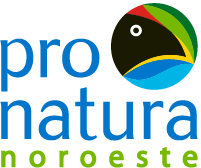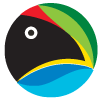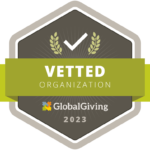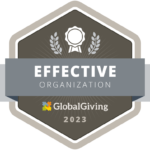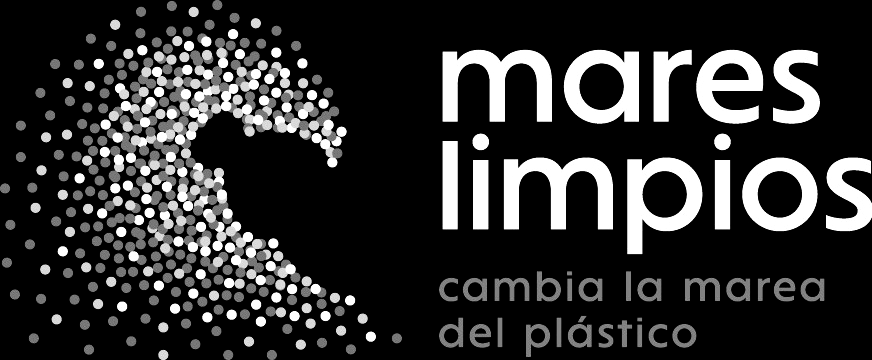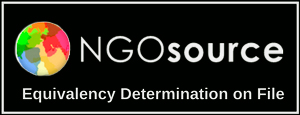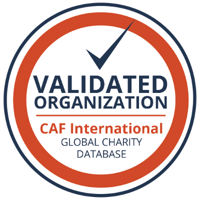The Conservation Education program develops a line of work to contribute to the protection of marine ecosystems in Northwest Mexico through teacher training and design of educational materials.
In the last quarter of 2017, the Conservation Education and Marine Conservation and Sustainable Fisheries programs published “For a sea free of plastics: An educational guide for primary teachers of the coastal communities of Northwest Mexico.” The publication of this guide was done in collaboration with Bahia Unida A. C., Islas Marietas and Isla Isabel National Parks, and the Marismas Nacionales Nayarit Biosphere Reserve.
The guide aims to avoid and reduce the consumption of plastics and eliminate the pollution they cause at sea, and explain which types of plastic waste exist, their life cycle, and the negative effects they cause in the environment, as well as alternative solutions.
For this work it is necessary to involve the community, train promotors, give workshops with students, and promote collection centers for recyclable materials and compost; collaborate with the public sector to promote initiatives that prohibit the use of single-use plastics; and work with the private sector to promote sustainable businesses, said Lizz Gonzalez Moreno, Conservation Education Program Coordinator.
Less than a year after its publication, the guide has achieved significant results, as teachers and promoters have been trained in the Upper Gulf of California, Ensenada, San Quintin, and Villa Jesús María in Baja California; in the El Vizcaíno Biosphere Reserve, Bahía de Loreto National Park in Baja California Sur; the Marismas Nacionales Nayarit Biosphere Reserve; and Laguna Babicora in Chihuahua.
On the other hand, as part of the Sixth International Marine Debris Conference (6IMDC), which took place from March 12th to 16th, 2018 in San Diego, California in the United States, Lizz Gonzalez shared the experience of editing and publishing the guide, the challenges of distributing it, and the results obtained by implementing it in the region.
The 6IMDC brought together experts from more than 50 countries, with the objective of sharing activities they have conducted to combat, prevent, and manage the global problem of plastics at sea, and, at the same time, encourage global innovation, and celebrate collaboration and actions related to the topic.
In addition, Lizz Gonzalez participated in the “Workshop on Marine Pollution: How does plastic pollution affect our seas, oceans, and living things?” organized by the United Nations Environmental Program, the XXII Ensenada City Council, the Universidad Autónoma de Baja California, and Applied Green Economy AC, in Ensenada.
During the panel “Experiences to mitigate marine litter”, which took place during this workshop, actions the Conservation Education program implemented to ameliorate the problem were presented and an announcement made that during the course of this year a campaign will launch to reduce the use of plastic bags in Laguna San Ignacio, Baja California Sur.
As a result of this event, governmental institutions, academics, and civil society organizations united to form a committee, “Ensenada free of plastics,” which will monitor the projects and define activities to conduct together.
“We have this space to get to know each other, to make contacts, to work hand in hand and join forces, because to be able to achieve something we have to unite, plan, and do it collectively” said Lizz Gonzalez about her participation.
In this spirit, Pronatura Noroeste joined the World Clean Up project through a series of “A Wave of Change” workshops taught by Martina De Marcos, which were designed to raise awareness about plastic pollution. From April 18th to May 4th, these workshops were given in schools and communities of the Baja California peninsula.
Involvement with civil actors, teachers, and community leaders is of the utmost importance to fulfilling the mission of Pronatura Noroeste. If you are a school supervisor, principle, teacher, or technical advisor in an elementary school on the northwest coast of Mexico, and if you are interested in using this educational guide as supplementary material, contact Lizz Gonzalez at: lgonzalez@pronatura-noroeste.org
Facebook: Educación para la conservación
Phone number: 646 175 34 61 ext. 102
